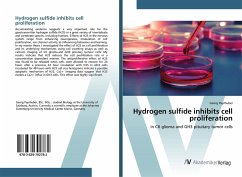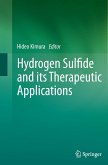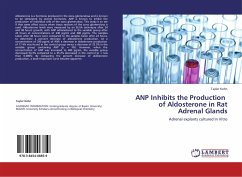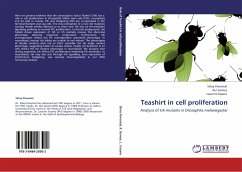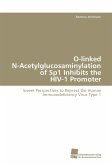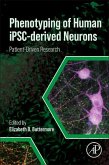Accumulating evidence suggests a very important role for the gasotransmitter hydrogen sulfide (H2S) in a great variety of invertebrate and vertebrate species, including humans. Effects of H2S in the nervous system range from enhancing neurogenesis, modulation of cell proliferation, ion channel activity to influencing behaviour and learning. In my master thesis I investigated the effect of H2S on cell proliferation and its underlying mechanisms using cell counting assays as well as calcium imaging of C6 glioma and GH3 pituitary tumour cells. My results indicate that H2S reduces the cell proliferation rate in a concentration dependent manner. The antiproliferative effect of H2S was found to be released when cells were allowed to recover for 24 hours after a previous 24 hour incubation with H2S. In GH3 cells incubated for 48 hours with H2S cell size histograms indicate a possible apoptotic mechanism of H2S. Ca2+ imaging data suggest that H2S evokes a Ca2+ influx in GH3 cells. This effect was highly significant.

